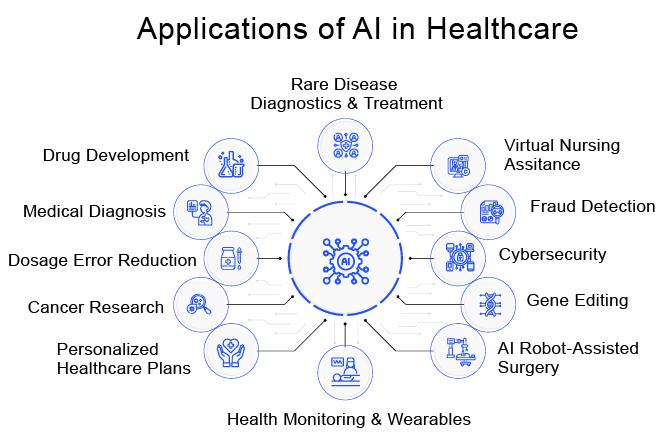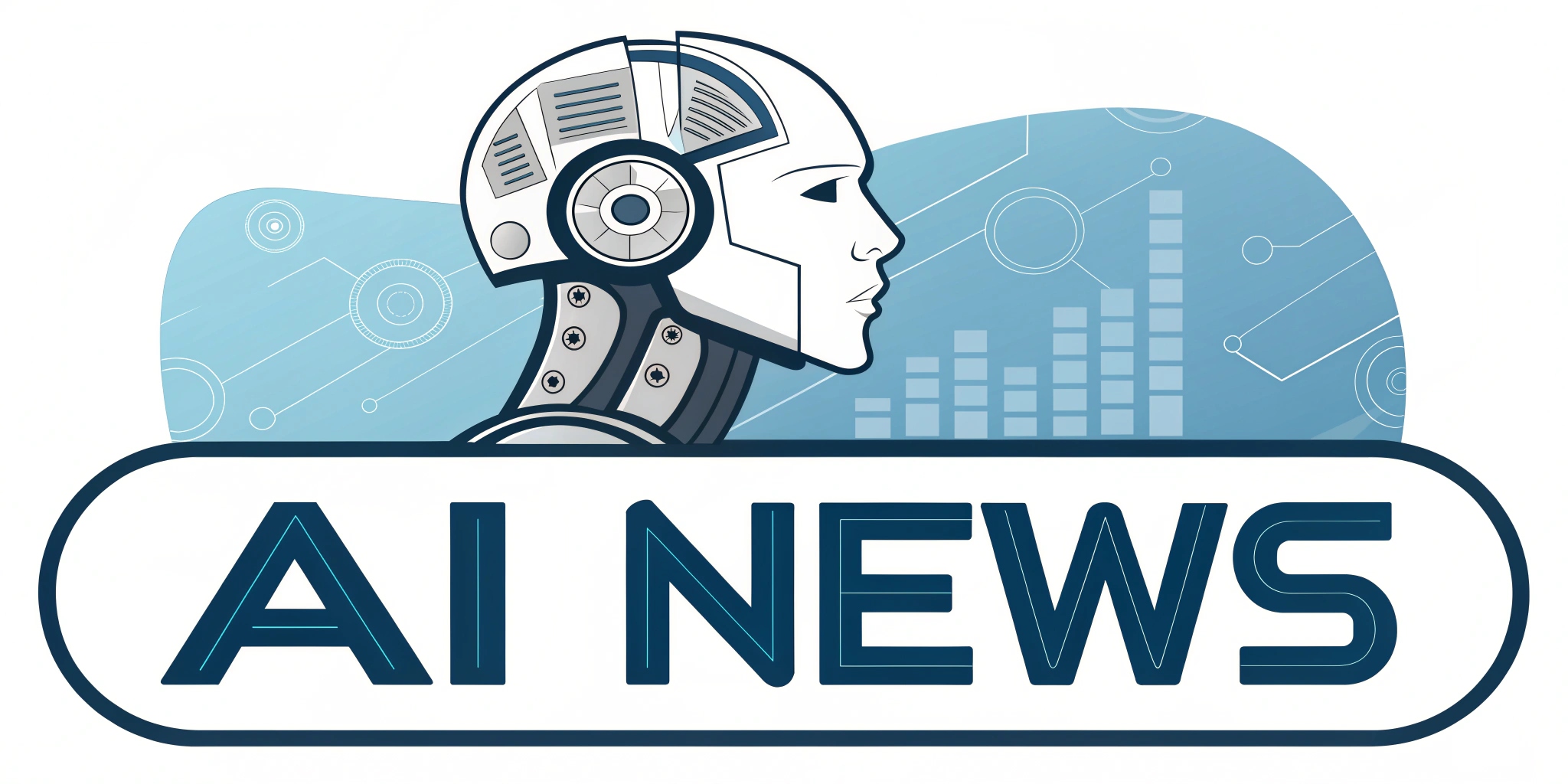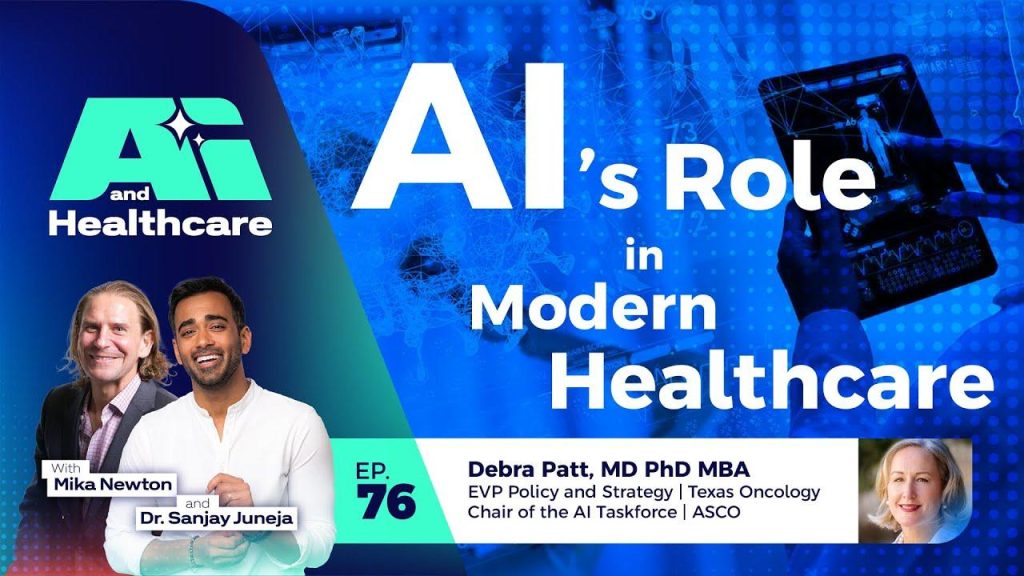In an era where technological advancements are reshaping every aspect of our lives, the intersection of artificial intelligence (AI) and healthcare is emerging as a pivotal focal point for professionals and patients alike. A recent discussion highlighted the transformative potential of AI to create a more efficient healthcare ecosystem,ultimately leading to faster treatment and improved patient outcomes. Dr. Sanjay Jajja, a hematologist and AI enthusiast, and Ma Newton, CEO of Exur, are diving deep into this crucial topic in their newly rebranded podcast, “AI and Healthcare.” With a commitment to making complex concepts accessible, they seek to explore how AI can enhance everything from personalized therapies to preventative care. Joining them in this enlightening venture is Dr. Deborra Pat, Executive Vice President of Texas Oncology and an influential figure in the realm of oncology policy, who emphasizes the urgency of integrating AI solutions in healthcare to address pressing challenges. As healthcare navigates this digital change, the dialog around AI’s role becomes increasingly vital for those looking to understand and embrace the future of medical care.
The Transformative Promise of AI in Healthcare Delivery
Artificial Intelligence is ushering in a new era in healthcare by streamlining operations and enhancing diagnostic accuracy.This technological evolution enables healthcare providers to leverage vast amounts of data to deliver more personalized treatment plans. For instance, AI algorithms can analyze patient histories, genetic information, and clinical studies to identify optimal therapies tailored to individual needs. As a result, we are witnessing a shift from a one-size-fits-all approach to a more targeted strategy that can significantly improve patient satisfaction and treatment efficacy.
Moreover, AI’s ability to predict and prevent disease is proving particularly valuable in managing chronic conditions. Healthcare systems can utilize predictive analytics to determine which patients are at higher risk for complications, enabling early interventions that can mitigate severe outcomes. In this landscape, patient engagement is also being enhanced through AI-driven applications that provide educational resources, medication reminders, and personalized health tracking. AI not only promises improved efficiency but also ensures that patient care remains at the forefront of healthcare delivery.
Enhancing Patient Care: Reducing ER Visits and Hospitalizations
The integration of AI technologies into healthcare systems is paving the way for proactive care management, aiming to keep patients healthier and reduce the need for emergency room visits and hospital admissions. By employing advanced algorithms, healthcare providers can monitor patient health in real-time, identifying deterioration earlier and enabling timely interventions. This shift towards preventive care allows for tailored monitoring strategies that include:
- Wearable technologies to track vital signs and physical activity
- Telehealth consultations for immediate access to medical advice
- AI-driven predictive models that assess individual risk factors and suggest preventive measures
Moreover, incorporating AI into electronic health records (EHR) enhances decision-making capabilities for healthcare professionals. With access to thorough data analytics, clinicians can identify patterns among patients, adapt treatment protocols effectively, and refine their care strategies. For instance, through AI analysis, providers can visualize trends that indicate potential medical emergencies, facilitating timely follow-ups and reducing the likelihood of hospitalization. Such advancements not only optimize resource allocation but also empower patients to take an active role in their health maintenance,ultimately supporting a shift from reactive to proactive healthcare.
Empowering Healthcare Professionals: Navigating AI Adoption
Adopting AI in healthcare requires a basic shift in how professionals interact with technology. To successfully navigate this transformation, healthcare teams must be equipped with the necessary skills and knowledge. Training programs should focus on integrating AI tools into daily workflows while also addressing concerns about data privacy and ethics. By fostering an habitat of innovation and curiosity, organizations can promote a culture where healthcare professionals feel empowered to explore AI capabilities. Key areas to consider during this adoption process include:
- Continuous education on AI advancements and applications in medicine
- Collaborative learning among multidisciplinary teams to enhance understanding
- Clear communication regarding AI’s impact on clinical decision-making
As AI technology evolves, so does the potential for enhancing the professional landscape for healthcare providers. Embracing these advancements can significantly reduce administrative burdens, allowing clinicians to focus on patient care. By strategically implementing AI-driven solutions, healthcare organizations can streamline operations, enhance diagnostic processes, and facilitate data sharing across platforms. This shift not only increases the quality of care provided but also elevates healthcare professionals’ job satisfaction, as they can dedicate more time to what they do best—caring for patients. Ultimately, fostering an adventurous and receptive mindset towards AI will be crucial in harnessing its full potential in the medical field.
Fostering Collaborative Innovations for Precision Therapy
An essential aspect of advancing precision therapy lies in the advancement of collaborative innovations among researchers, healthcare providers, and technologists. By cultivating interdisciplinary partnerships, the healthcare sector can tap into diverse expertise that drives the creation of tailored therapeutic solutions. Emphasizing shared objectives will enable the integration of cutting-edge AI technologies with clinical insights, thereby fostering an environment ripe for breakthroughs. Furthermore, collaborative efforts can lead to the establishment of shared data ecosystems, where information flows seamlessly across platforms, enhancing the ability to analyze patient outcomes and refine treatment approaches over time.
Such cooperative frameworks not only promote innovation but also encourage the ethical deployment of AI tools, addressing concerns related to data privacy and algorithmic bias.Establishing guidelines for responsible AI use can ensure that patient welfare remains paramount while harnessing the capabilities of advanced technology. Initiatives that include stakeholder engagement, protocol standardization, and open-sourcing AI methodologies will be vital in crafting a lasting future for precision therapy. Ultimately, fostering this collaborative spirit will empower stakeholders to navigate the complex landscape of AI-enhanced healthcare and usher in a new era of personalized medicine.























